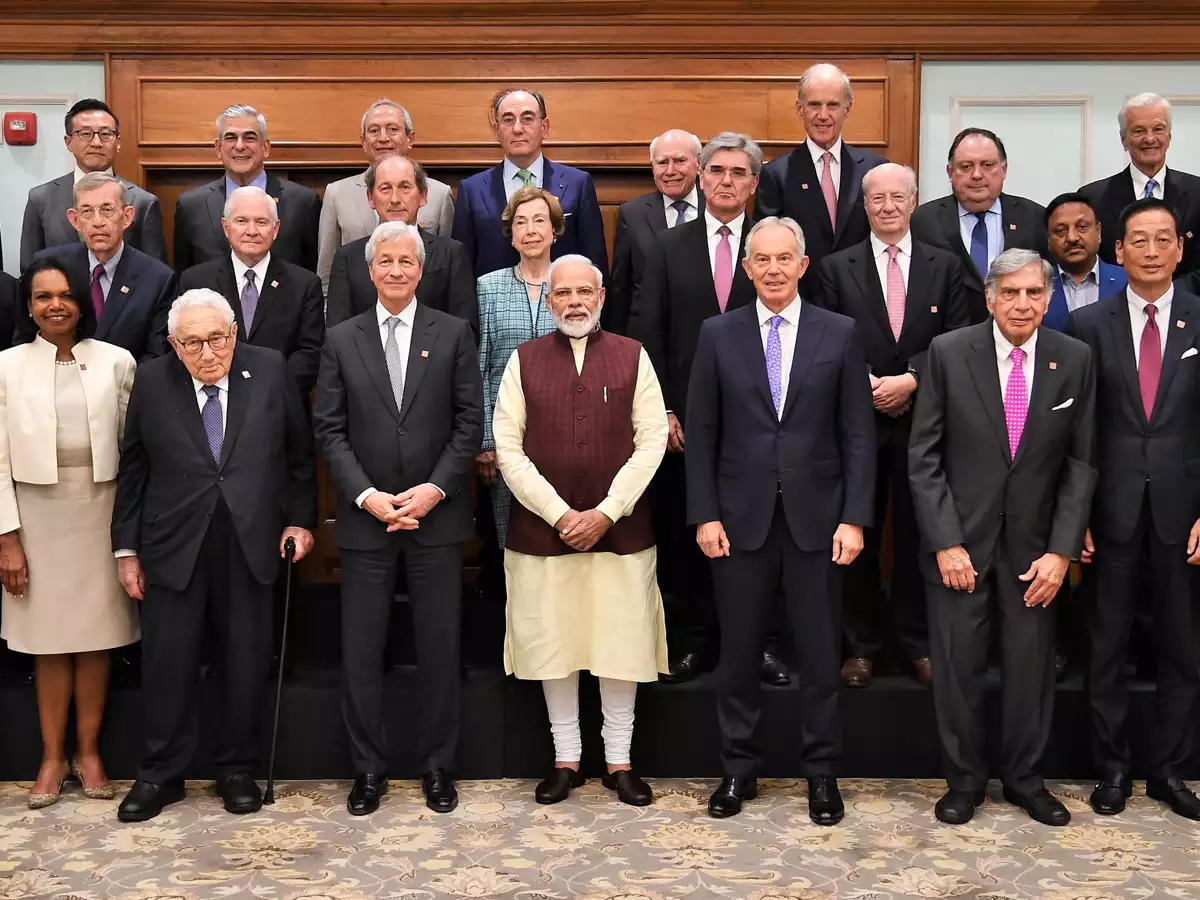The rise of social media has brought about a paradigm shift in international diplomacy and foreign policy. This research paper explores how diplomats and foreign policy officials use social media to communicate with one another and the public and the new opportunities and challenges this presents for diplomacy. It examines the impact of social media on public opinion and how it has affected foreign policy decision-making, including whether governments are more responsive to public opinion now that social media has made mobilising and coordinating large-scale protests and movements easier. The paper also explores the weaponisation of social media, including the use of disinformation, division, and undermining of trust by foreign actors to interfere in the domestic policies of other countries, and what steps are being taken to address this issue.
Furthermore, this research paper investigates how international organisations use social media to engage with the public and promote their agendas and the effectiveness of such efforts. It also examines the challenges of using social media to communicate messages and the role of social media in global governance, governance, and accountability, and the impact of non-state actors. Additionally, this paper looks into the challenges of digital diplomacy, the future of digital diplomacy, and ethical considerations surrounding the use of social media in international relations.
Overall, this research paper provides an in-depth analysis of the role of social media in international diplomacy and foreign policy, highlighting the opportunities and challenges that come with this new digital era.
Click Here To Read The Paper


📌Analysis of Bills and Acts
📌 Summary of Reports from Government Agencies
📌 Analysis of Election Manifestos

